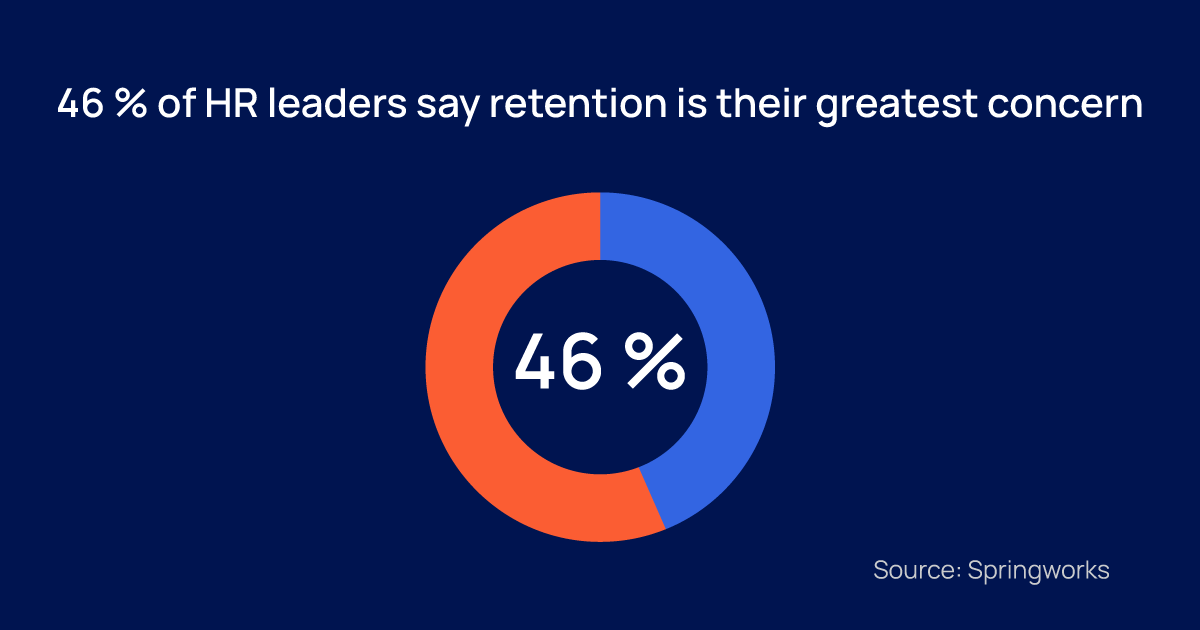The strategic decision to hire remote developers has become paramount nowadays. With the growing demand for software developers, organizations face fierce competition in acquiring top talent. According to an article on Forbes, a shortage of skilled workers, estimated to reach a staggering 85 million by 2030, poses a significant challenge and threatens to hinder business growth, leading to potential revenue losses of over $8 trillion globally.
Against this backdrop, companies must explore alternative approaches to attract, hire, and retain talented developers. Qualified tech candidates now have the freedom to choose their preferred work environment, and for many, that means opting for remote work. Recent surveys indicate that 75% of software developers desire the flexibility of working remotely for at least three days a week, while 60% have already embraced full-time remote work arrangements.
In this rapidly evolving landscape, businesses that remain office-based risk falling behind their remote-first counterparts. The recruitment landscape within the software industry is undergoing a seismic shift, with a remarkable rise in the number of tech job postings mentioning remote work. What was once a mere 13% in 2011 has soared to an astounding 75% in 2021, accelerated further by the pandemic's disruptive force.
By embracing remote work, companies gain a competitive edge in attracting and retaining the best talent, adapting to the evolving market demands, and effectively addressing the growing talent gap. Here's a closer look at why this strategic approach is crucial for business success:
1. Retaining tech talent
Research indicates that around 50% of software developers remain with the same employer for just two years, highlighting the need for effective retention strategies. Companies that implement permanent remote work policies can address concerns related to flexible working arrangements, significantly reducing the likelihood of employees seeking opportunities elsewhere. Remote-first workplaces have demonstrated a 30% decrease in employee turnover, offering businesses a key advantage in talent retention.

Discover how Index.dev can skyrocket your tech talent retention to 95%
2. Accessing to a global talent pool
Traditional hiring practices limit talent acquisition to local areas, which often require significant compensation packages to attract candidates to high-cost regions. By embracing a remote-first policy, businesses transcend geographical boundaries and gain access to a vast global talent pool. With the freedom to recruit from anywhere in the world, companies can tap into the skills and expertise of software developers without the need for extensive visa procedures or relocation costs. At the end of 2021, estimates suggested that there were 26.8 million active software developers in the world. This number could reach 45 million by 2030. Expanding the talent pool globally allows organizations to select from a diverse range of individuals, adding valuable perspectives and driving innovation within their teams.
3. Saving money
Hiring remote developers can yield significant cost savings, regardless of a company's headquarters location. For instance, hiring a software developer in the Bay Area could cost you, on average, $125,000 in base pay. However, remote work enables organizations to hire skilled developers from regions where salaries are comparatively lower. For example, a mid-level software developer in Brazil may command a salary of $35,000, while a senior developer with proficiency in English may earn between $45,000 to $50,000. Additionally, a recent study by Global Workplace Analytics revealed that employers who hire remote workers can save up to $11,000 per year for each half-time remote worker. These savings stem from increased productivity, reduced absenteeism, and lower turnover rates.
Hire remote developers from index.dev and save up to 40% in development cost →
4. Combating burnout
Burnout has skyrocketed across multiple industries, including software development. The pandemic served as a catalyst, exacerbating the already prevailing issue. To combat burnout and prioritize employee well-being, companies can leverage the benefits of remote work. Catalyst's survey of over 7,000 employers found that offering remote work options significantly reduced burnout rates, leading to a 26% decrease in workplace-related burnout and a 19% decrease in personal burnout. Remote work provides employees with a more flexible and comfortable environment, promoting a healthier work-life balance and reducing stress levels.
5. Fostering innovation and unleashing creativity
Software development thrives on creativity, which flourishes when individuals enter a state of flow. According to psychologists, remote work creates an environment conducive to the flow state, allowing developers to achieve hyper-focused and intensely creative mindsets. 39% of businesses actually reported an increase in productivity after shifting to remote work at the start of Covid-19. Studies indicate that remote workers experience greater feelings of innovation, engagement, and creativity compared to their office-based counterparts. The absence of time-consuming commutes and fewer interruptions result in increased reflection time and improved sharing of ideas through alternative channels. Remote work unlocks the potential for fresh and innovative thinking, driving overall productivity and business growth.

6. Empowering diversity and inclusion
Remote work empowers companies to build diverse and inclusive teams by removing the limitations of physical proximity. Diverse teams foster creativity, prevent groupthink, and generate more innovative solutions to complex problems. Remote work provides opportunities to hire talent from underrepresented communities and champion women in STEM fields. It eliminates barriers that hindered the inclusion of individuals with caring responsibilities or financial limitations, thereby promoting a more inclusive workforce. By embracing remote work, companies can tap into a pool of talent that represents varied perspectives, cultures, and experiences, resulting in better business outcomes.
Software developers remain in high demand, and the remote work revolution offers companies the opportunity to stay ahead of the competition. By tapping into a global talent pool, businesses can secure exceptional talent, deliver cost-effective solutions, prevent burnout, encourage innovation, and foster diversity and inclusion. Remote work is a transformative force that positions companies as forward-thinking and adaptable, enabling them to thrive in the dynamic digital landscape. Embrace remote work and unlock the full potential of your business.
For unparalleled remote software developers, turn to Index.dev. Our platform brings together a vast pool of 9,000 candidates from over 120 countries, rigorously evaluated for technical proficiency and communication skills.
Get in touch with us to secure the top remote talent available in Eastern Europe and LATAM→